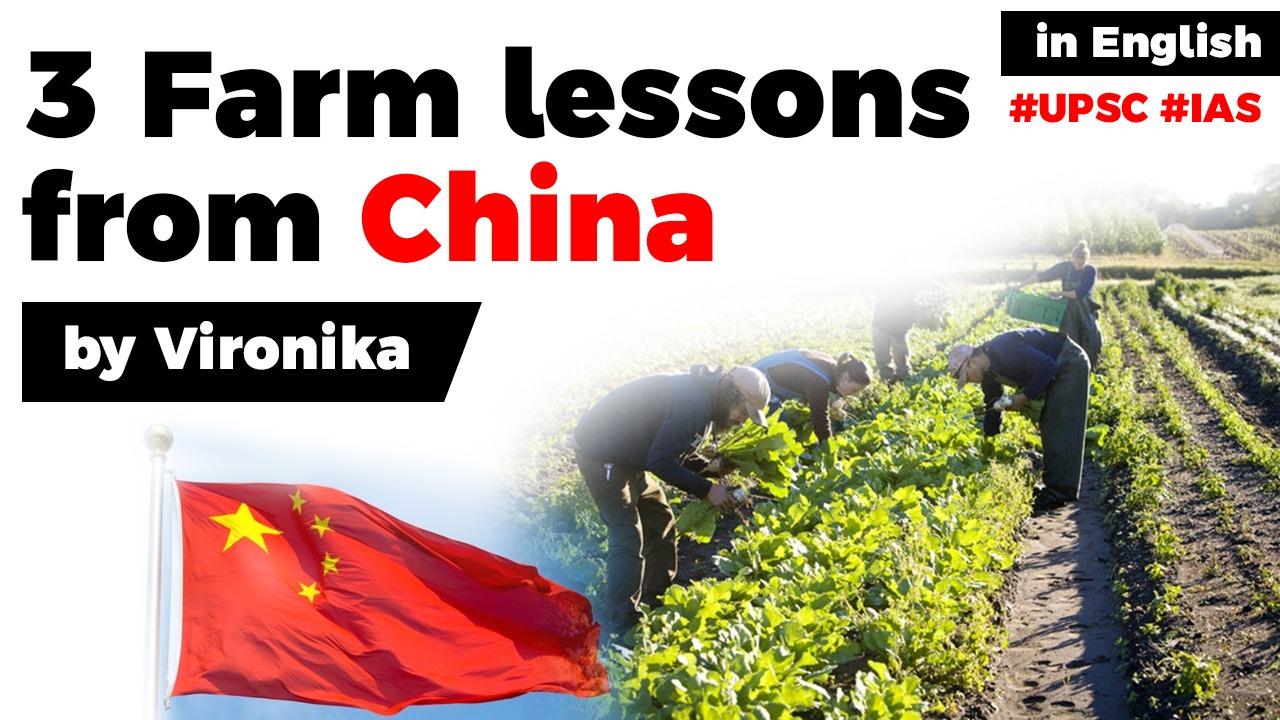Table of Contents
Context
- India and China have limited arable land
- China has about 120 million hectares (mha)
- India has 156 mha.
- Irrigation cover – China’s irrigation cover is 41% of the country’s cultivated area, while India’s irrigation cover is 48%.
- Total sown area – China’s total sown area is 166 mha, compared to India’s gross cropped area of 198 mha.
- Even though China has less land under cultivation, its agriculture output is valued at $1,367 billion, more than three times that of India’s agriculture output, $407 billion.
Reasons
- More impact than subsidies
- Poverty alleviation
- Impact on other sectors of agriculture
Better investment
- Indian farmers had been taxed much more than they have been subsidised — despite high amounts of input subsidies.
- This negative PSE is a fallout of restrictive marketing and trade policies that do not allow Indian farmers to get free trade prices for their output.
- This negative market price support exceeds the input subsidy support the government gives to farmers through low prices of fertilisers, power, irrigation, agri-credit, and crop insurance.
- China dropped the price support scheme for corn and has been gradually reducing the support prices of wheat and rice.
- India’s stock situation in July 2019 was 81 MMT as against a buffer stock norm of 41 MMT.
Direct Income support
- India spent only 3 billion dollars under its direct income scheme, PM-KISAN in 2018-19, but the country has spent $27 billion on heavily subsidising fertilisers, power, irrigation, insurance, and credit.
- This leads to large inefficiency in their use and also creates environmental problems.
Way forward
- The Indian government has been trying to jack up MSPs for 23 crops for farmers.
- India needs to reduce the gamut of commodities under the MSP system and keep MSPs below international prices.
- India should consolidate all its input subsidies and give them directly to farmers on a per hectare basis and free up prices from all controls.
Indian Agriculture
- Agriculture sector accounts for 18 per cent of India’s GDP and provides employment to 50 per cent of the workforce of the country.
- The Gross Value Added by agriculture, forestry and fishing is estimated at Rs 17.67 trillion (US$ 274.23 billion) in FY18.
- Government initiatives
Latest Burning Issues | Free PDF






















 WhatsApp
WhatsApp